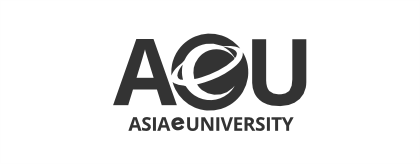Awarded By

Asia e University is a private university in Subang Jaya, Selangor, Malaysia that offers on-campus, blended and online learning mode programmes. An institution set in Asia, by Asians, and for Asia – founded by the Asia Cooperation Dialogue foreign ministers.

Talk to us about your
study options
Thinking about studying at CICRA? Book a time with us to discuss your study options.
Enquire NowStudent Enquiries:
+94 710 600 800
Mass Communication is an indispensable need for organizations irrespective of whether they are government-held, international organizations, or privately held entities. One key factor that determines survival in the modern information society is mass communication.
Executive Masters in Mass Communication is a professional qualification offered by Asia e University Malaysia exclusively with the CICRA campus. This is one of the best professional postgraduate studies in Mass communications in Sri Lanka. The Executive MSc in Mass Communication is expected to produce skilled and qualified leaders in media and communications, and advertising and public relations industries and contribute to the society with proactive contribution and management of the media systems of the modern information society.
The Executive Masters in Mass Communication program encompasses overall knowledge required to thrive in this industry. By covering 360 degrees of modern perspectives of mass communication, the program produces thoroughbred managers and leaders in journalism, media, and communications sectors with a profound understanding of the mass communication domain.
The rich curriculum and faculty of the course are instrumental in assisting individuals to obtain the requisite accreditation to advance their careers.
Learning Objectives
The program is designed to provide a 360-degree knowledge in Mass Communication for the media and communication professionals in the country.
Program Structure
Executive MSc in Mass Communication program comprises of Eight (8) Modules and a research project. Each module with 20 hours of contact time for a module, covering a total number of 160 hours of student face-to-face learning time.
For Whom
- Journalists / Editors/ Media Practitioners
- Advertising Professionals
- NGO/ NIGO/ Development sector professionals
- Communication/ Media/ Publicity officers
- Any Mass Communications enthusiasts
Career Opportunities
- News Editor
- Broadcast Journalist
- Investigative Reporter
- Media Consultant
- News Producer
- Public Relations Manager
- Corporate Communications Director
- Brand Strategist
- Media Relations Specialist
Course Contents
Entry Requirements
Bachelor’s Degree or Age above 25 years and Passed GCE O/L with minimum 5 years of working experience

